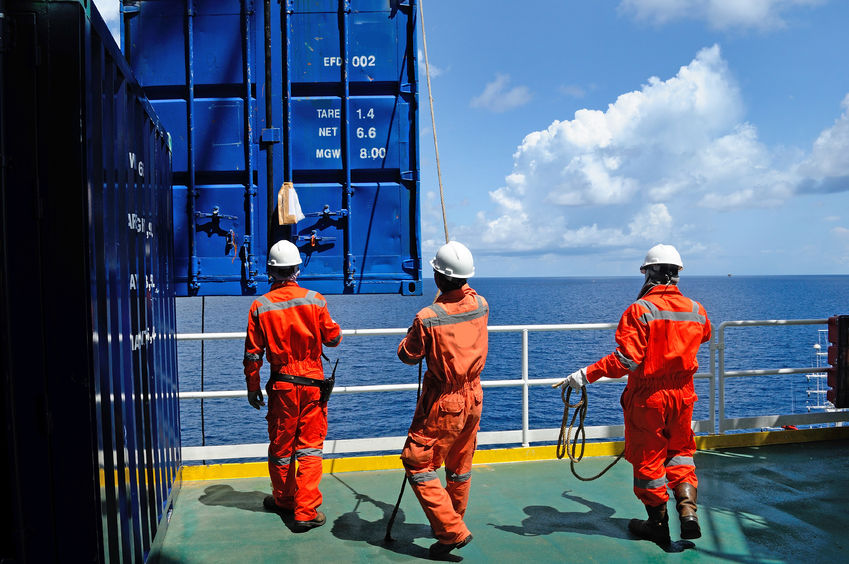
Maritime injury claims are very complex. They are treated differently than other types of personal injury claims. Depending on where you were hurt, whether you were a passenger or a worker, and if a worker what type, different laws apply. Maritime injuries can be very serious or fatal. Accidents that would not be serious on land can quickly turn deadly on the water. Offshore workers face grave dangers every day. An experienced maritime accident attorney can help you recover full compensation for your maritime injuries.
Maritime Accident Attorneys
Maritime injuries and death claims can fall under one or more of the following:
- General maritime law
- Death on the High Seas Act (DOHSA)
- Jones Act
- Longshore and Harbor Workers’ Compensation Act (LHWCA)
Experienced maritime lawyers can determine which laws will apply, what type of claim you have and help you pursue compensation.
Injured Seamen
Workers’ Compensation laws ban most injured workers from suing their employers. However seamen are allowed to sue their employers for negligence under the Jones Act. This allows you to recover full compensation for your injuries. Compensation includes noneconomic damages such as pain and suffering, if you can prove that your employer was at fault.
As a seamen, you will receive compensation while recovering from a work-related injury or illness regardless of fault. This is called maintenance and cure. The maintenance portion pays for your living expenses. “Cure” is payment for your medical care. These benefits end when you return to work or reach maximum medical improvement (MMI). MMI does not mean you have fully recovered, but that you have reached a point in recovery where you are not expected to get any better.
Injured seamen may also have third-party claims under general maritime law. The loved ones of seamen killed in fatal accidents may be able to recover under the DOHSA.
Other Maritime Workers
Offshore workers who do not qualify as seamen can recover compensation under the LHWCA. The LHWCA is similar to state Workers’ Compensation programs. You do not need to prove fault and you can start receiving benefits quickly. It covers your medical expenses and a portion of your lost income. Under the LHWCA you cannot sue your employer and you have limited benefits. However, you may recover full compensation through a third-party claim.
Non-Workers
If you have suffered maritime injuries as a passenger, you can seek compensation under general maritime law. Loved ones of those killed more than three miles from the shore of any state, as a result of negligence or wrongdoing, may have a DOHSA claim. DOSHA also applies in aviation accidents more than 12 nautical miles from U.S. shores.
If you have been injured or lost a loved one in a maritime accident, please browse our directory and schedule a free initial consultation with an experienced maritime accident attorney in your area.















